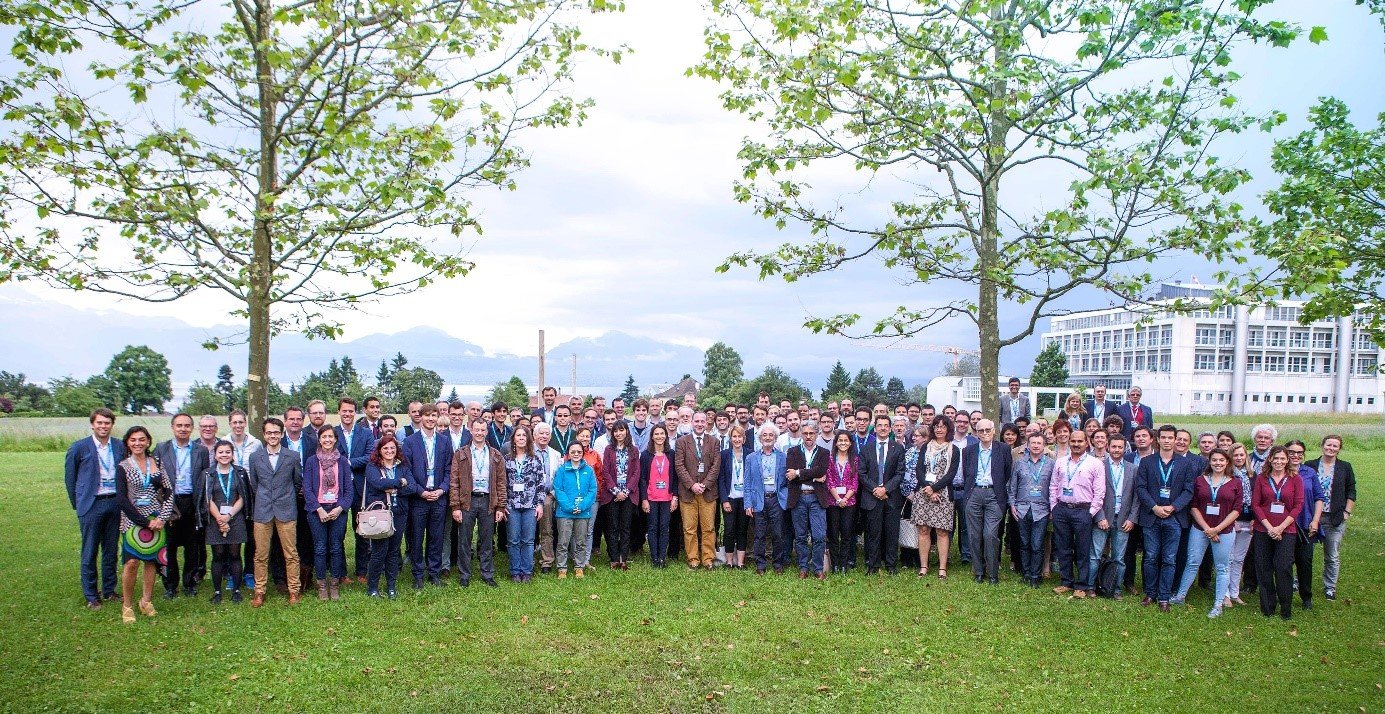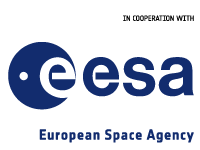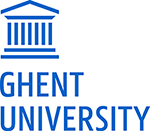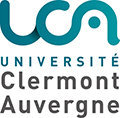MELiSSA SPACE RESEARCH PROGRAM
For more than 30 years, the European Space Agency (i.e. ESA) is active in the development of regenerative life support system.
In space, the survival of astronauts requires very large masses of oxygen, water and food, which are too expensive and bulky to be transported. For future missions, beyond Low Earth Orbit, it is even not safe to rely on Earth resupply only.
MELiSSA is the European project of circular life support system. It was established to gain knowledge on regenerative system, aiming to the highest degree of autonomy and consequently to produce food, water and oxygen from mission wastes.
How can we manage to recycle carbon dioxide and organic waste into food, oxygen and water?
It is precisely to answer this question that the MELiSSA Project has been initiated.
To oversimplify, the objective of the MELiSSA Project is to develop a closed system, inspired by Earth ecosystem, aiming to reproduce its main functions with highly reduced mass and volume, higher kinetics and of course under extreme safety conditions. This is often called Functional Ecology.
It follows a very structured and progressive approach, driven by the ALISSE Criteria: Mass, Energy, Efficiency, Safety and Crew Time.
Today, thanks to the MELiSSA Project, a large number of the recycling functions are demonstrated on ground (e.g. MELiSSA Pilot Plant), and in space (e.g. Artemiss).
MELiSSA PARTNERS
Around 50 organisations (e.g. universities, research centres, space industries, terrestrial companies) are involved in the Project.
15 partners have signed a Memorandum of Understanding. MELiSSA is internationally recognized as the most advanced effort to develop closed loop life support systems. Today, the MELiSSA partners are from Belgium, Spain, France, Switzerland, Italy, The Netherlands and Canada.















